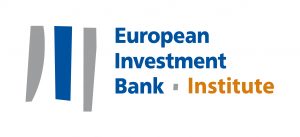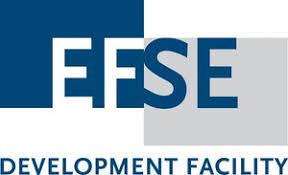MFI that embraces innovation || LiDE Webinar
Date: 20th May 2021
💡 Your MFI does not need to fall behind with digitalization. Embracing innovation requires setting up a few practical systems. It also requires the courage to change your definition of failure.
➡ In this webinar, we are helping MFIs to define and manage their structure for supporting innovation. We will review internal and external sources of innovation. We are also proving, that ability to fail is an ability to win. We are discussing the methods and tools to control and benefit from failed pilot tests, which eventually lead to a break-through solution.
😉 This webinar is for bold managers in MFIs, that want to develop the organization / their department or their team into new level of digitalization. We encourage you to watch the recording of the preceded webinar “Empower your team to develop organization”.
Webinar timeline:
6:43 –> what is “innovation” in practice?
17:47 –> Where to seek inspiration for ideation?
28:43 –> Tools to create innovation culture
1:06:07–> Technology cycle to be aware of
1:25:30 Operational structure for digital transformation
Our expert

Digital transformation expert
Tomasz worked in Intel for 20 years, as General Manager for Europe and Business Development Director for Europe, Middle East and Africa. He serves as digital transformation expert, advising and collaborating with industry associations, think-tanks, universities, investment funds and start-ups. Focusing on exploring technology impact on economy and society, he helps companies and executives to navigate across technology revolutions.
The idea was developed based on lessons learnt from the Digital Literacy Bootcamp devoted to digital transformation in microfinance.
Digitalize or die – offering services online is no longer an alternative for MFIs; it is the way as people all over the world change their preferences towards any type of brand and sector. However, today’s leaders must manage not only an organization that undergoes a digital transformation.
The ongoing COVID-19 pandemic boosted the fact that more and more employees work remotely. They have been suddenly forced to deal with work challenges in a time of volatility, anxiety, fast changing circumstances and many uncontrolled risks. Thus, the leaders manage people that live in a VUCA world (volatile, uncertain, complex, ambiguous). They manage virtual teams that often consist of three generations (X, Y, Z) with varying skills and attitudes.
This requires leaders to make sure they improve skills like emotional intelligence, managing generational differences, and building an organizational culture that embraces fast changing consumers’ preferences and fashion, driven by accelerating technology.


